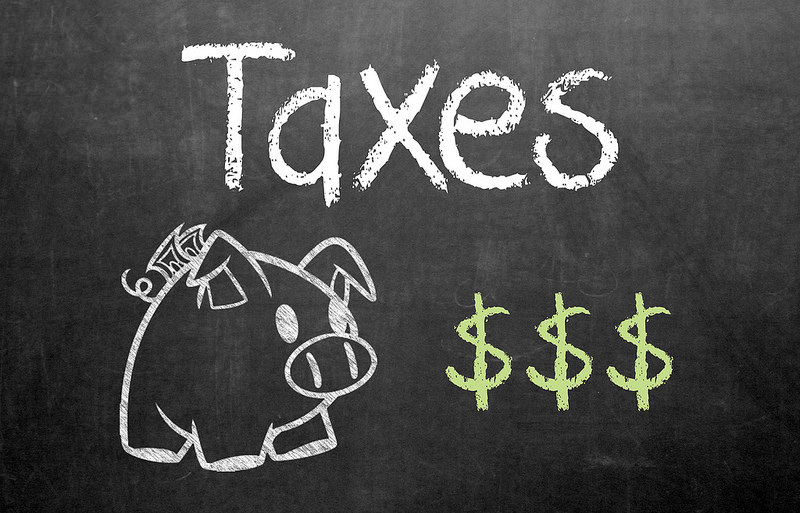| If a truism exists about Utah lawmakers, it is that they don’t like it when voters try to do their jobs for them. And if a truism exists about Utah voters, it is that you could go broke overestimating their willingness to raise their own taxes. Utah is one of the 26 states plus the District of Columbia that allows citizen initiatives or |
| | referenda, but state lawmakers came to the table grudgingly, and only because an unpopular (amongst them) populist got it on the ballot in 1900. It took 45 years of obstruction and a few Supreme Court decisions after that before someone managed to get an initiative on a ballot. So you may be excused for helping me heft a healthy bag of cynicism when it comes to the chances an advocacy group known as Education First can get a non-binding referendum on ballots this year, asking voters how they feel about raising their income tax by almost 20 percent to help public education. This isn’t an initiative. The group, which has the support of several high-profile business, political and former legislative leaders, wants lawmakers to voluntarily put the measure on the ballot. A yes vote wouldn’t actually do anything. It would, or so the thinking goes, provide political cover for lawmakers, who then could come together and vote to raise taxes because, well, after all, their constituents said they wanted it. Smart move, right? Everyone wins — lawmakers would be off the political hook; schools, which argue they have been shortchanged by about $1 billion since tax cuts were enacted a decade ago, could get what they need. What possibly could go wrong? Plenty. First, there is no guarantee such a measure, even a non-binding one, would pass. Advocates like to say polls show people are willing to raise their own taxes to fund education. Actually, that isn’t clear. One, commissioned by Utahpolicy.com a year ago, found 54 percent of Utahns opposed raising the state’s income tax rate from roughly 5 percent to 6 percent for education, which is exactly what Education First is proposing. Look no further than the Jordan District. Armed with opinion polls, it put a nearly half-billion dollar bond for school construction on the ballot in 2013 and got trounced, 67 percent to 33 percent. If the no vote won, it would be political cover for lawmakers to do nothing for a long time. Second, it’s important to understand that lawmakers may not consider voters in their districts to be the most important people. If the Utah Republican Party succeeds in its legal fight to preserve the caucus system for nominating candidates, convention delegates may continue to decide who gets to run, and they tend to be opposed to tax increases. Finally, and most importantly, the $518.5 million the seven-eighths of one percent tax proposal would raise may simultaneously be too much and not enough. It may be too much for voters to swallow, given all the other demands on their wallets. It may be not enough because there is no hard calculation as to how it would improve public education. The governor’s office told me recently it would take another $2.7 billion just to raise the state from last to the middle of the pack among states in terms of per pupil spending. But even that wouldn’t come with any guarantees of outcomes. Astro Teller, the head of Google’s semi-secret research lab, likes to talk about the innovation that comes from thinking huge. As he wrote on wired.com, “when you’re working to make things 10 percent better, you inevitably focus on the existing tools and assumptions, and on building on top of an existing solution…” But when you focus on making things 10 times better, you have to throw all of that away and imagine new possibilities and ways of doing things. That sort of huge thinking may be a tall order for a taxpayer-funded institution with a strong union. A third truism may be that public education won’t radically reform itself. And that’s why, if reluctant lawmakers put any question at all on ballots this November, it may be no more innovative than asking you for more money. |


 RSS Feed
RSS Feed

